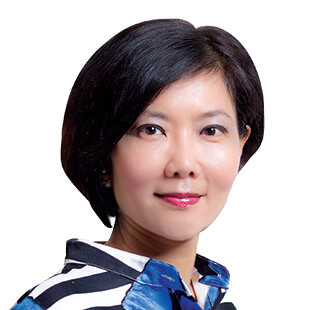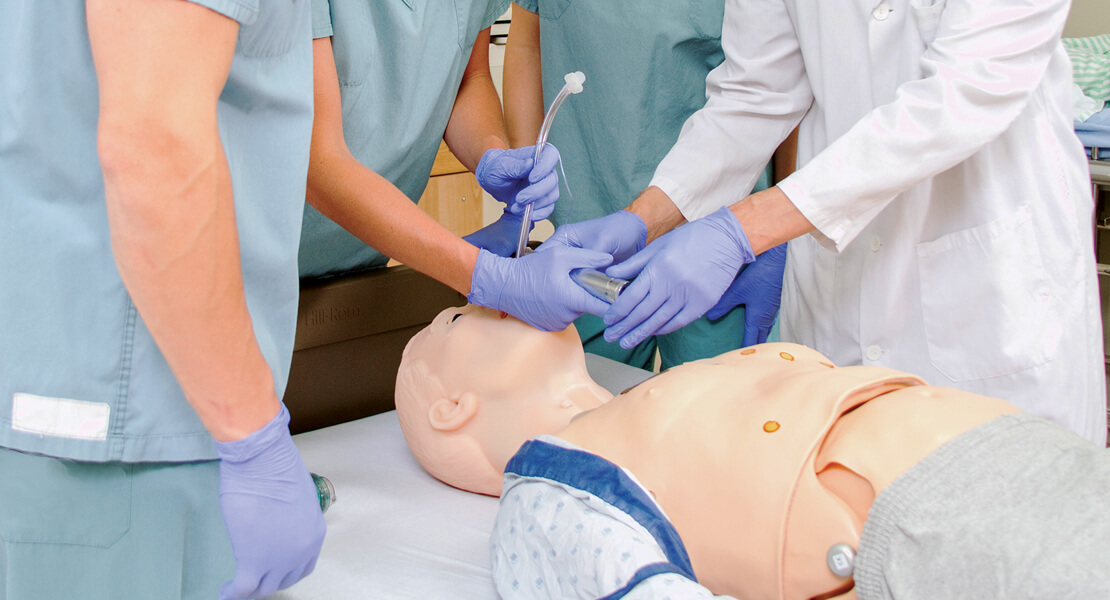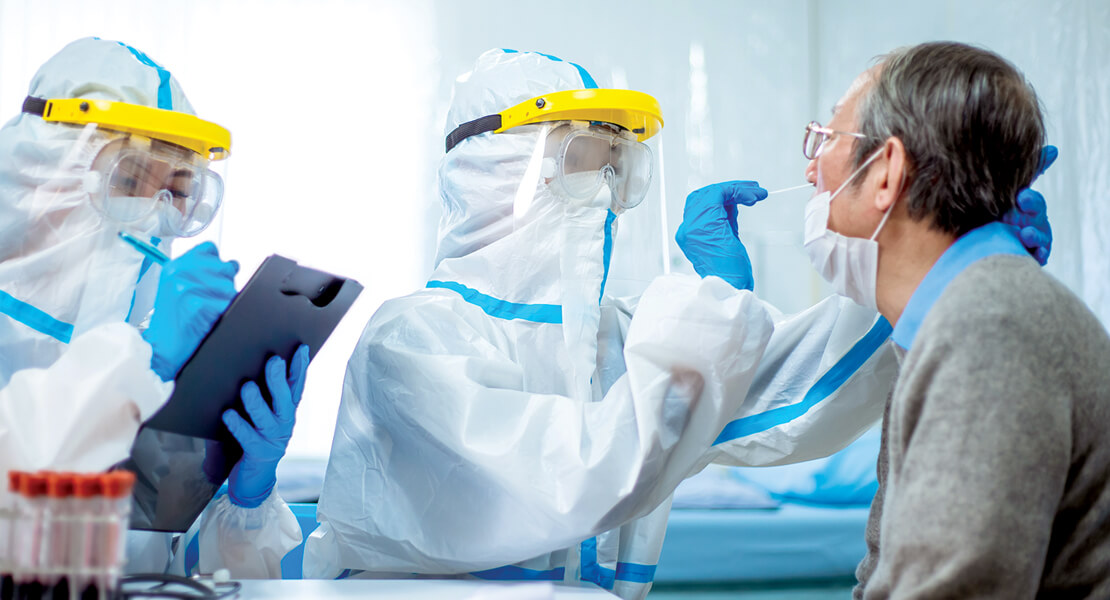
A New Page for Nursing
Professor Chia-Chin Lin
|
Head |
Alice Ho Miu Ling Nethersole Charity Foundation Professor in Nursing
A common understanding of the metaphor of turning a page suggests beginning anew, having a fresh start, and putting the past behind us. However, if we think of turning a page as continuing our participation in an ongoing narrative, it becomes clear that as we turn the page, we have opportunity to reflect upon recent events and consider what they can mean for our future. In an inspiring Opening Address at the recent Hong Kong International Nursing Forum, Ms Elizabeth Iro, the then Chief Nursing Officer of WHO, pointed to the many challenges faced by Nursing in preparing for the future and suggested that as the page of the recent past is turned, nurses need to reflect, recover and recharge.
Bringing an ethics perspective to the ongoing story of nursing, Dr Christine Grady, from the National Institute of Health, noted that COVID-19 had brought the world to its knees and bruised nurses who were severely battered by scarcity of resources, the disparity and devastation affecting underserved communities and by the lonely deaths of so many of their patients. She noted the moral distress experienced by many nurses, who often felt deeply troubled by the compromises they had to make when they knew the ethically correct action to take but were constrained from taking it. She spoke of the need to cultivate moral strength in nurses, of the importance of investing in nursing, of reducing the burdens placed upon them and of promoting techniques of self-care.
Focusing on education, Dr Julia Stark, Head of Nursing at the University of Auckland, noted that COVID-19 had “fired rocket fuel into the engine of change”. The rapid adaptations that nursing educators made to curricula, clinical teaching methods, and student-led learning exemplified the technological innovations we have seen in many fields during the COVID-19 outbreaks and help us recognise the rapidity of change all around us and with this associated turmoil and uncertainty.
Dr Beverley Malone, President and CEO of the National League for Nursing spoke about the boldness and courage required for nurses to step into the very uncertain future coming upon us. She spoke of the profound importance of dreaming about how to exercise power wisely and use ingenuity and daring to bring about optimal outcomes for patients.
Professor Peng Gong, Vice-President and Pro-Vice-Chancellor (Academic Development) from HKU provided a compelling account of the ravages brought upon our planet by human action and the enormous damage to health which has resulted from the effects of water, air and soil pollution. The ongoing narrative of health needs to be about planning for adaptation and resilience, for mitigation strategies and for political engagement. We need to recognise planetary health as our major focus in educational and direct-action initiatives as we rethink many of our assumptions about resource usage.
As we turn the page of nursing’s contribution to health in this era of massive technological and environmental change, there is a critical need for a greater understanding of the human experience of health, illness and disability. Professor Sally Thorne addressed this issue in her outstanding keynote address at the Inaugural Asia-Pacific Region Qualitative Research Network Conference which followed the Hong Kong International Nursing Forum. She noted that the point of nursing research is to make a difference to people’s lives and that use of applied qualitative methods can result in evidence-informed practice. Understanding patients’ experiences of health issues can provide tools for advocating for person-centred care and to use to interpret into policy. A culture of complexity can be nurtured as data are synthesised from multiple sources.
As we turn the page on our recent past, we need to be mindful of the multiple challenges facing our planet, our health systems, our patients and indeed, ourselves. This forum and conference provided us with opportunity to reflect, recover and recharge as we confront an increasingly demanding future.









